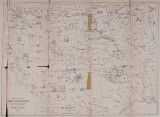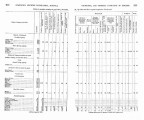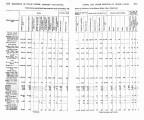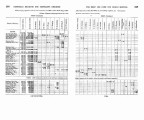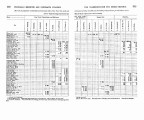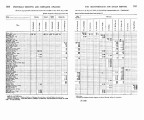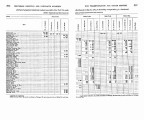| Title |
Annual Report of the Commissioner of Indian Affairs - 1880 |
| Subject |
Indians of North America; Federal government; Maps; Work; Land use; Allotment of land; Treaties; Agriculture; Timber; Health; Indians of North America--Social life and customs; Water rights; Natural resources; Ute Indians--History; Education; Indians of North America--Education; Travel; Railroads; Livestock; Culture; Indian reservations; Indigenous peoples--North America |
| Keywords |
Annual Report; Indian Agency; Reservations; Land Rights; Indian; White Relations; Inter-tribal Relations; Trade; Native Americans |
| Publisher |
Digitized by J. Willard Marriott Library, University of Utah |
| Tribe |
Ute |
| Language |
eng |
| Description |
Excerpts concerning Utah from the Annual Report of the Commissioner of Indian Affairs - Courtesy of the University of Wisconsin Digital Collections. The Commissioner of Indian Affairs provides demographic data about American Indians (he reports the aggregate population of Indians in Utah is 450). The Commissioner describes encouraging performances at Indian schools, the importance of maintaining an Indian police force, the pertinence of passing laws to prevent trespassing/invasion on Indian lands, and the construction of railroads on Indian property. The Colorado Indian Agent submits a report concerning the White River and Southern Utes. Utah Agent Critchlow submits a report regarding agricultural pursuits, relations among the Utes, the lack of school and mission construction, advances in "civilization", the distribution of land, and the performance of Indian police |
| Type |
Text |
| Coverage |
Uintah and Ouray Indian Reservation (Utah); Utah; Washington (D.C.) |
| Format |
application/pdf |
| Rights |
Digital Image © 2011 America West Center. All Rights Reserved |
| ARK |
ark:/87278/s6sx98wb |
| Creator |
Commissioner of Indian Affairs; Critchlow, J.J. |
| Date |
1880 |
| Spatial Coverage |
Uinta Basin (Utah and Colo.); Colorado; Uintah and Ouray Indian Reservation (Utah); Washington (D.C.); Utah |
| Setname |
uaida_main |
| ID |
369904 |
| Reference URL |
https://collections.lib.utah.edu/ark:/87278/s6sx98wb |

